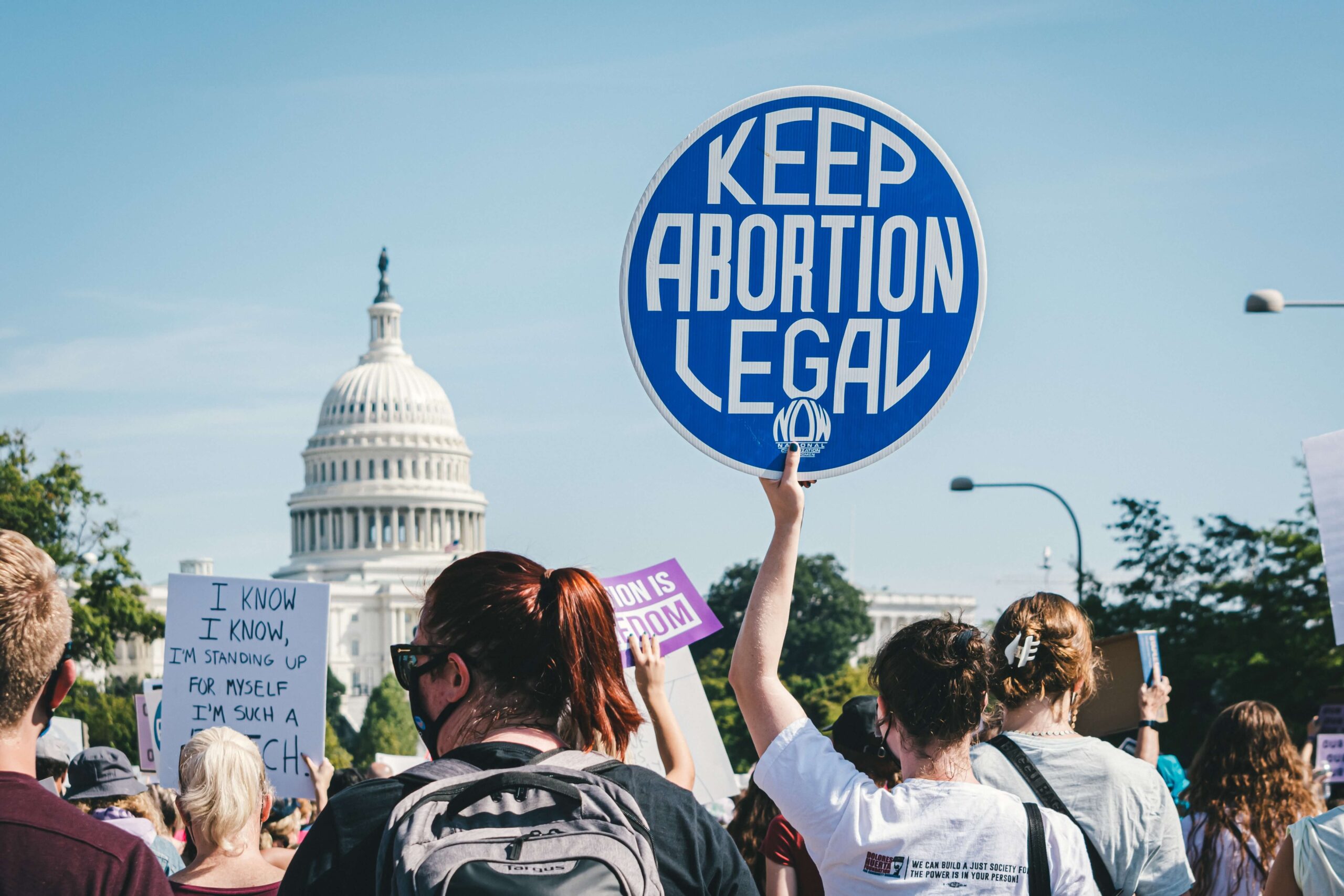
Roe v Wade Overturned:
How to Help
Abortion Rights
When Roe v Wade was overturned, we felt it around the world. Learn how to help abortion rights and #ProtectChoice.
The U.S. Supreme Court’s decision to overturn Roe vs Wade removed the right to abortion in America and is undermining reproductive rights across the world.
What is Roe vs Wade?
In 1973, abortion was made legal in the United States thanks to a landmark case known as Roe vs Wade. However, in 2022 the Supreme Court announced that it would overturn this decision, going against public opinion and violating the autonomy and human rights of millions across America.
As a global reproductive healthcare provider, MSI’s teams witness and deal with the terrible consequences of unsafe abortion every day. Abortion bans don’t prevent abortions, they only make them less safe—and the poorest and most marginalised communities bear the brunt.
The impact of Roe vs Wade on women’s rights has been felt worldwide.
When the right to choose is under attack in the US, the global anti-choice movement takes notice. They’ve been emboldened by the Supreme Court decision. But we refuse to go back. We will double-down on our efforts to defend reproductive rights and abortion access globally. Will you help us?
When was Roe v Wade overturned?
Roe v Wade was overturned by the Supreme Court on the 24th of June, 2022. This decision stripped away the federal right to abortion in the US, leaving the legality of abortion up to individual states.
Why was Roe v Wade overturned?
Roe v Wade was overturned because the US Supreme Court ruled that the Constitution does not explicitly protect the right to an abortion, leaving the decision to each state.
In their majority opinion, the justices argued that Roe was wrongly decided in 1973, claiming the ruling went beyond what the Constitution allows. This change has reversed decades of progress on reproductive rights in the US and has emboldened anti-choice movements worldwide.
The ruling has also made it harder for vulnerable communities to access safe abortion care. Read on to learn more about the overturning of Roe v Wade means for women in the US and global reproductive rights.
How to support reproductive rights now that Roe v Wade has been overturned?
Here are three ways you can support reproductive rights and #ProtectChoice:
1. Learn about reproductive rights around the world
Knowledge is power and if we know our rights, it makes it much harder to take them away. Learn about global reproductive rights and sign up to our newsletter to remain in the know.
2. Share news on the impact of Roe v Wade being overturned
The more people sharing the global impact of this decision the better. Use our social toolkit to spread the word with your community via #StandForChoice.
3. Support global abortion rights and access
A donation to an abortion fund or provider will support access to abortion care, including for people who need financial or logistical support.
Learn: How does the end of Roe v Wade impact women’s rights in the US?
The end of Roe v Wade means that women with the least resources to travel, pay for childcare, and take time off work, will find it even harder to access safe abortion care and be pushed to unsafe or legally restricted methods.
Abortion is an extremely safe and common medical procedure. Globally, nearly 1 in 3 pregnancies end in abortion and in the US, 1 in 4 women will have an abortion in their lifetime.
Yet abortion care continues to be one of the most heavily restricted healthcare services worldwide. These restrictions force women around the world to travel long distances to access the healthcare they need, requiring sign offs from multiple doctors, prolonging wait times.
With difficult journeys, and additional hoops to jump through, the overturning of Roe v Wade means that safe services become the privilege of the rich and others are forced to deal with the consequences of unsafe abortions.
What does the overturning of Roe v Wade mean?
Initial research warns that maternal mortality rates will rise and women of colour will be disproportionately affected by the overturning of Roe v Wade.
A post-Roe world is different to a pre-Roe world. Advances in early medical abortion care have shown that with quality medical abortion products, accurate guidance on how to self-administer the products, and access to in-facility care, if facing complications, women can safely self-manage their abortion.
Learn more: 5 Essentials to Safely Self-Manage a Medical Abortion.
However, when those seeking, providing, and supporting abortion care are at risk of criminalisation, accessing professional medical care in the case of complications or miscarriages will present additional challenges. Initial research warns that maternal mortality rates will rise and women of colour will be disproportionately affected.
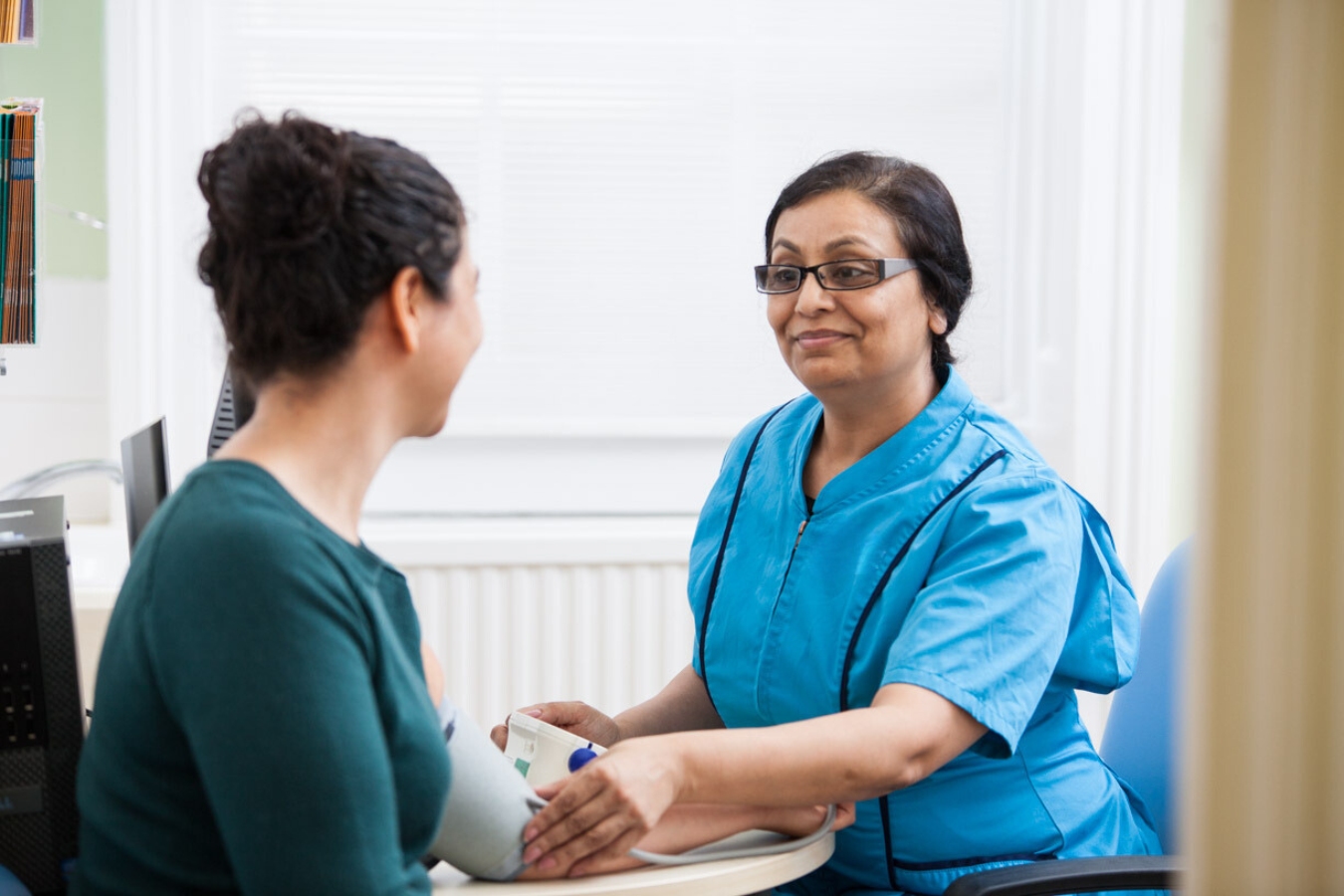
Learn: How does Roe vs Wade impact global reproductive rights?
When anti-choice politicians chip away at American women’s rights, the global anti-choice movement takes notice. Emboldened by their victories in the United States, and often supported by US-affiliated groups, they’re pushing for even more restrictions on abortion care around the world.
Open Democracy have estimated that US right-wing Christian organisations have spent $280 million attacking abortion rights and LGBTQIA rights globally. As a global reproductive healthcare provider, we have seen the impact on our programmes, providers and clients.
Attacks on abortion rights: Lobbying, harassment and misinformation
Wherever we work, harassment and intimidation is common. In the UK, US-linked protestors harass women and providers entering our clinics. And online, we are increasingly seeing attacks on our Facebook and WhatsApp services that offer free advice and referrals for healthcare.
Across our programmes, we’ve seen US-linked groups lobbying for the removal of sexual and reproductive health and rights and frequently encounter ‘advocacy playbooks’ exported by US anti-choice groups.
With Roe vs Wade overturned, the global impact is a rise in anti-choice activities worldwide.
“It gives power to the anti-choice opposition”
Esi Asare Prah, Advocacy Manager for MSI Ghana
“It is frustrating for people like us working in reproductive choice in contexts like Ghana, because what happens in the US affects us. It gives power to the opposition and the tools to advance their efforts. It means those who have been on the fence in the past could be easily swayed to become part of the opposition.”
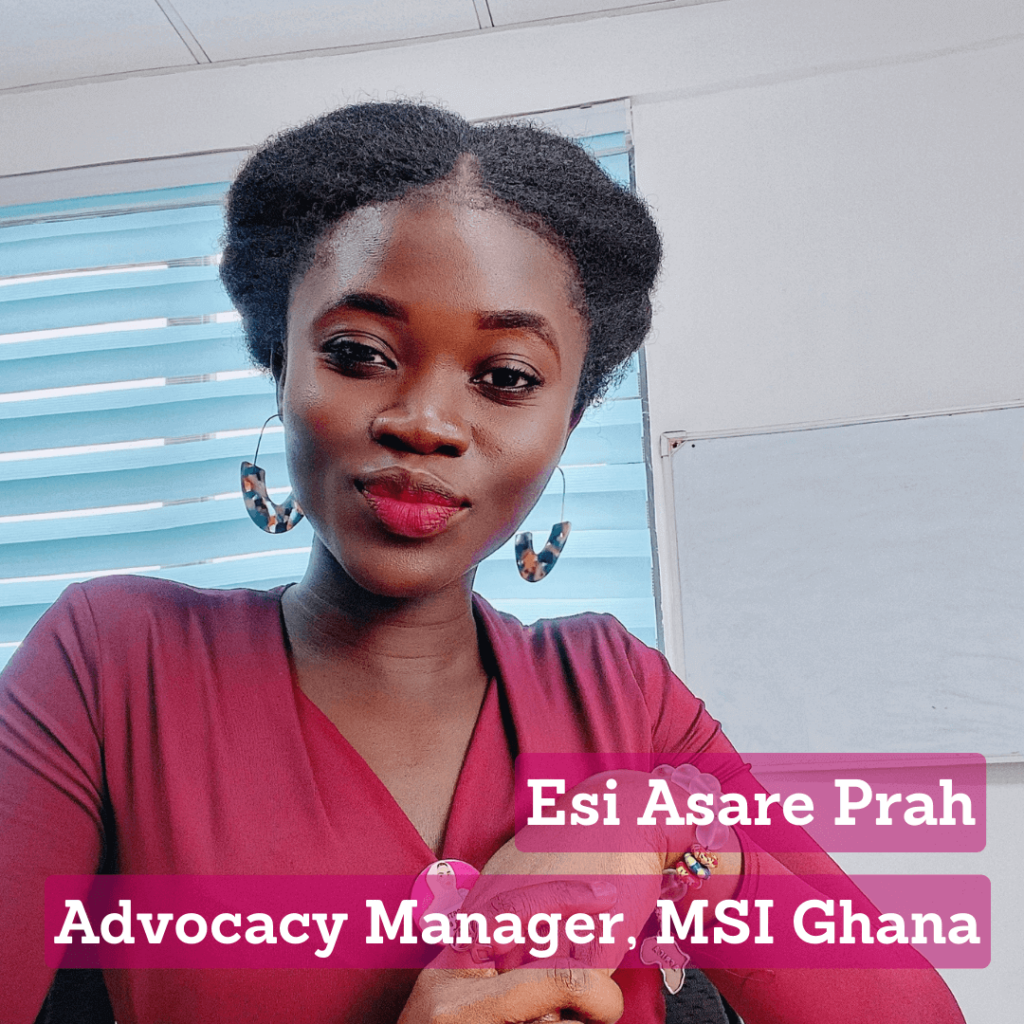
Share: Spread the word to #StandForChoice
Together we’re stronger, louder and have a better chance of protecting choice around the world. Share this page and our daily updates on Twitter, Instagram, Facebook and LinkedIn with your community.
Use our social toolkit to spread the word about the global impact of Roe vs Wade on abortion rights via #StandForChoice and #BansOffOurBodies, and tag us so we can amplify.
Will you help us get the word out?
Access our social toolkit below
Support: Help us protect the right to choose
As one of the world’s leading providers of sexual and reproductive healthcare, we work to ensure that everyone has access to reproductive choice, and no one is left behind.
Delivering healthcare across 37 countries, MSI reaches those with the least access, such as adolescents and those without the resources to travel to medical facilities. In 2022, we delivered reproductive choice to over 80,000 people around the world every day and over half of those we supported (55%) had no alternative option for their service.
Safe abortion saves lives
We know that the majority stand with us in supporting the right to choose. Across most of the countries we work in, we have seen progress in reproductive rights, leading to better healthcare and opportunities for women. In Ethiopia, for example, since abortion was legalised in 2005, maternal mortality due to unsafe abortion has dropped from 31% to 1%. Wherever we work, one crucial fact remains: bans and restrictions do not prevent abortion, they just make them less safe.
When global abortion rights are under threat, please consider donating to our global abortion work.
Help us #StandForChoice today
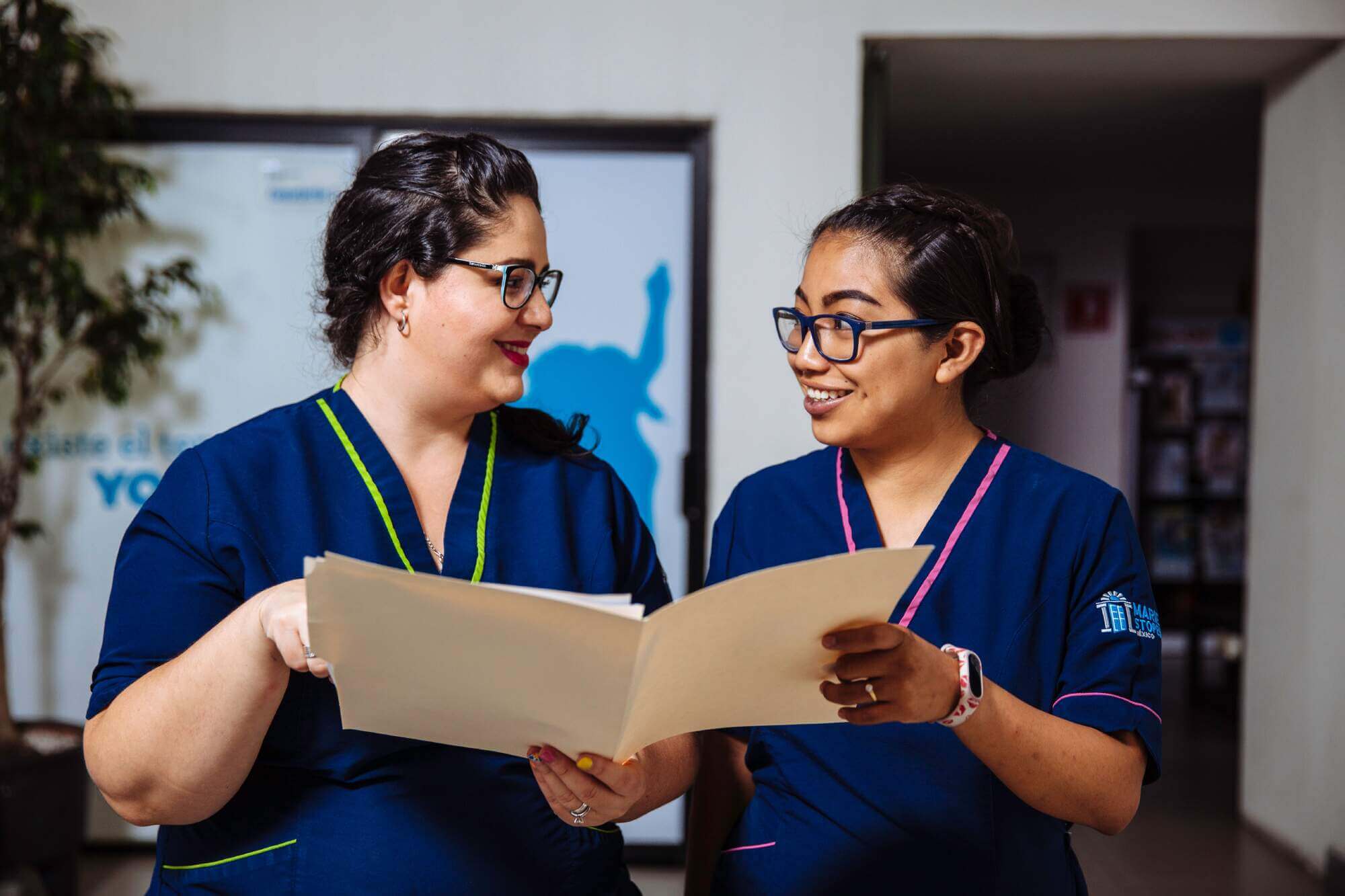
Learn about abortion
Learn more about the right to abortion, and what’s needed to ensure that everyone, everywhere, has the right to choose.
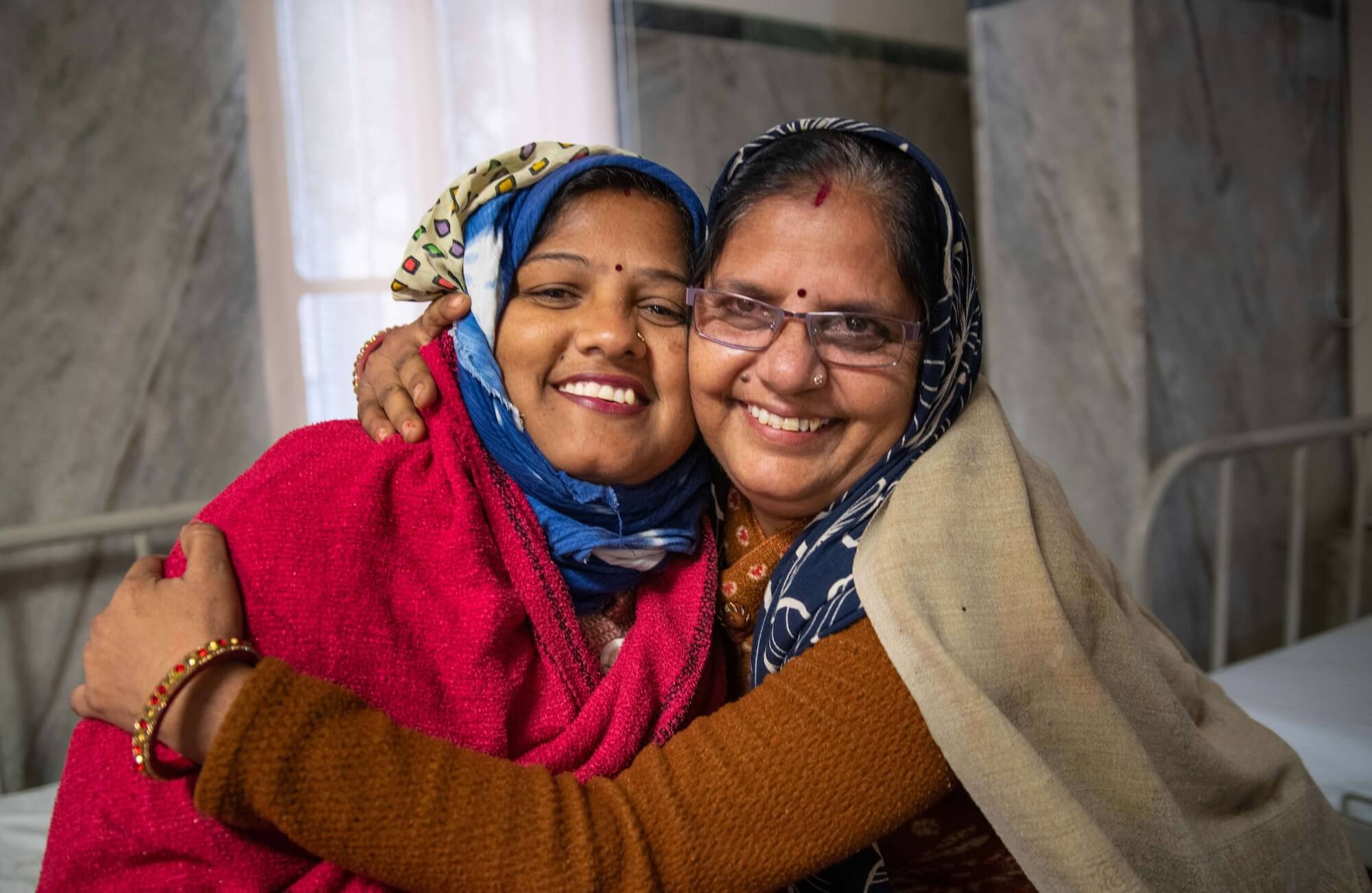
Join our community
Sign up to our newsletter to remain up to date with the latest news on abortion rights from around the world, and information on how you can help.
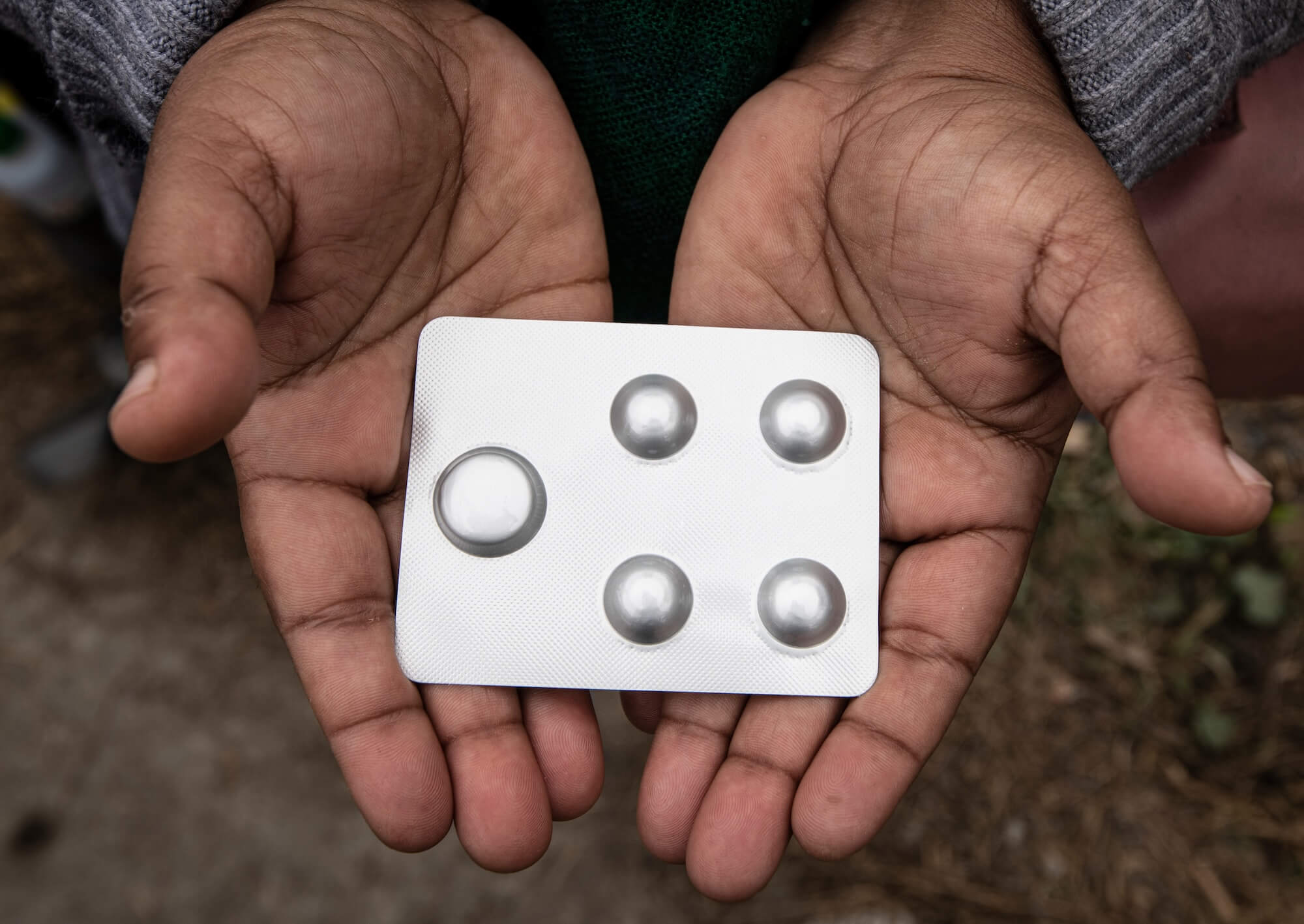
Donate
By supporting our work to deliver reproductive choice globally, you can support those with least access to have the right to choose.





